by redclay | Aug 26, 2023 | Creative Writing, Detention Center Writing Contests, Non-fiction, non-fiction
by Luis Carlos Peniche Garces
First place, nonfiction, Heard/Alexandria Detention Center writing contest, July 2023
In the convulsed and battle-hardened years of 1950-1960, when the dusty streets were crowded with trains of mules and horses, the fervor of thousands of compatriots mingled with the red-tinted and gallant blue flags, loud shouts and gnashing machetes in a “Long Live Colombia!”
Dissent and famine, and the lack of basic, necessary programs for the guarantee of survival, made up the daily bread of the Banana Republic.
With the vivid memory of the violent death of the leader of liberal-rooted multitudes, Jorge E. Gaitan, and with the grim suspicion of the criminal apparatus of the state as the principal and intellectual author of the mangicide, the genesis of what would become the longest and bloodiest war in the history of the quiet country was ignited.
What was presumed to be a sterile seed, expected to germinate in the sterile valley of meager democracy in the country of the Sacred Heart of Jesus, turned into a rebirth of hope for a group of workers, students, and peasants who made up an abandoned people ruled by ancient corrupt parties full of a bureaucracy worthy of an autocratic state. That thirst for good governance and tolerance among parties, and therefore among similarly angry people, shaped the spectrum of protest and desire for change for generations.
Nourished by the voices of the new trends in political demonstrations of the Eastern European generation, with the new promising image of a just and equitable world caught up with the revealing theses and proposals of Soviet communism, and in turn with the nearby mirror of the island of Fidel Castro in the development of a socialism announced as a clear son of a communism absorbed in its principles, a sufficient breath of life was given to that incipient seed that the state rejected.
With these demonstrations, and with the indifference of a bureaucratic State that sponsored the elites of a bourgeoisie trained in European and North American schools, the necessary fuel was given to start the decision to take up arms in the centers of public education and in the teaching profession and with the encouragement of a people who cried out for Justice and Equality.
Backed by leaders of the Catholic Church and a peasantry tired of the promises of the day for the candidate chosen by the party, the new People’s Revolutionary Guerrilla was brought to life; they left the fields with machetes and sticks and some shotguns full of rust given from supplies in the closets of some sympathizers of the small movement that did not promise to go beyond some skirmishes that in one way or another would be controlled by the Forces of the State.
An extensive area full of jungle and rugged and broken terrain was the scene of sinister attacks that were not victorious at all by a military force that was unaware of the strategies of unconventional warfare.
Warfare in which the location of the enemy was unknown, and in turn was confused with the civilian population, who appeared as ghosts in the thick and dense fog of the wild tropical jungle.
Encouraged by the revolutionary doctrines of the decade and the innocuous dissent of a youth eager for change, with mirrors of a Vietnam that emboldened courage in the face of the Yankee aggressor and its subsequent failures in the war that culminated in a withdrawal of the North American forces in frank debacle — these gave an effervescent incentive to the generation of “the new revolution” which dazzled the path of a new hope for change.
Thousands of dead and hundreds of orphaned families were the result of the barbarism of a people encouraged by the eccentricities of their nefarious governments and by the inert international panorama that made itself known in the honorable and macabre business of war games, which without a doubt was the best of the “business.”
Consecutive generations became clandestine, offering skirmishes of sudden orgies of triumph with bittersweet flavors that only created excited, short seasons of daring incursions into remote bastions of the so-called democracy of a Failed State.
Great Commanders left, who dreamed of a country free of scum and nefarious city bureaucracy; compatriots also died who offered their lives to some legal ranks misnamed ranks of the National Army, who gave their lives for the head of a snake carrying the poison that killed the very genesis of the people who praised it and gloried in power .
Blood and pain raised a shield and a tricolor flag, heroically exalting martyred heroes from pre-Hispanic times, the same blood with which they freed us from the colonial yoke, and which we now dishonor with this Dantesque comedy of the massacre of a People.
With the entry of new variables to the internal conflict that provided fuel for the bonfire of the confrontation, war spread to the four cardinal points of the country, becoming the start of the roulette wheel of victories for the sides that claimed a victory that they never achieved.
With tears and hunger, a stoic people cried out for Justice and prayed to God and their ancestors in search of the always beloved Peace and Union for their children; they saw themselves punished for decades that paled before the eclipse of The Violence.
Hundreds of millions of dollars, wrongly named “donations” and peace proposals, bloomed in search of economic powers that would multiply their coffers with the apocalypse of War.
A North America shouting the worn-out argument of free and sovereign Capitalism, trying to cultivate a few short-thinking and country-sore sheep. Likewise, a flag showing the hammer and sickle countering at the table of horror with its communist theories in a frank fight like a bet at the Poker table; Poker that only had a great and unique winner: The People of Colombia.
Continuing this long and disastrous nightmare, and approaching the window of this horrible paradise of death, was the great utopian hope of the gods of the sacred leaf of the Andes, the coca leaf, and the great discovery of German and American scientists who transformed it into the appealing cloud of addiction of their people who used it as a mask to cover their lack of human sense and the absence of values in a society caused by the triviality of intolerant and indifferent social awareness.
Millions of green bills flooded the fields and converged in the big cities, thus giving rise to the abandonment of cultural practices and ancestral roots, where value was given to the tools and the craftsman, displacing the daily brotherhood to the conflict between them for a booty that appeared to be an endless panacea, and that ended up being the cancer of a thought that undermined the essence of some of the principles of our parents.
Five decades of an absurd war with a total flavor of failure that persecuted the cook and not his diners — one sees in the results of this erroneous and misnamed strategy the pathetic evidence of decomposition at the root of the primary bases of a defenseless and weak people with total lack of credibility in their current governments and foreign sponsors.
The people sometimes give birth to children who glimpse hope for a dawn that dismisses the twilight of the dark night, and these same children shake off the stormy clutches of the foreign yoke with illusions of escaping the ties of “Insovereignty,” the only bulwark of nations free and faithful to their children.
We see with amazement how by agreeing between the different actors in the conflict, we can accept the diversity of thought and enjoy the benefits thereof. We begin for the first time in the history of the Republic of Colombia a new phase with understanding of the parties and a desire to confront ideas with a simply tolerant position and with the spirit of transformation.
This new alternative misnamed “left” is the manifestation of a people who wanted to build on what was built and improve what was found; It is the expression of the daily sentiment in the voice of a leader who is committed to believing in a better country with equality and in the Country.
“Those peoples who do not fight for their freedom do not deserve to obtain it”

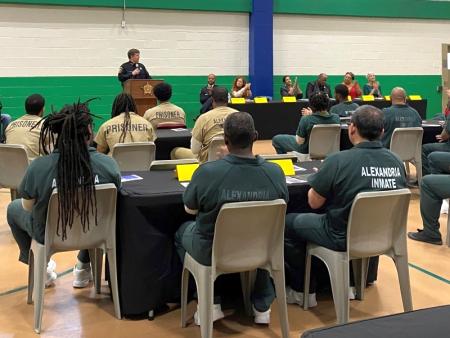
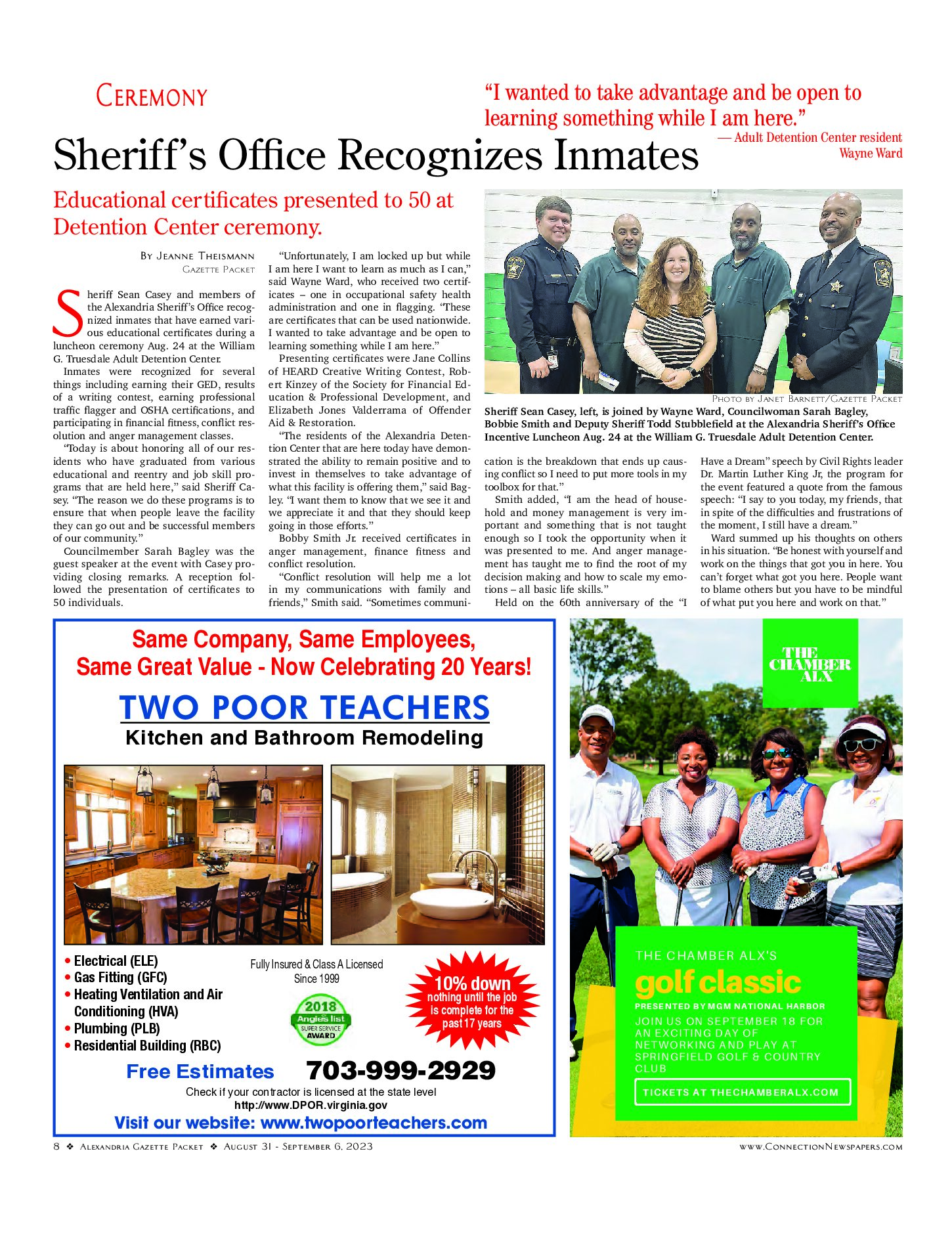
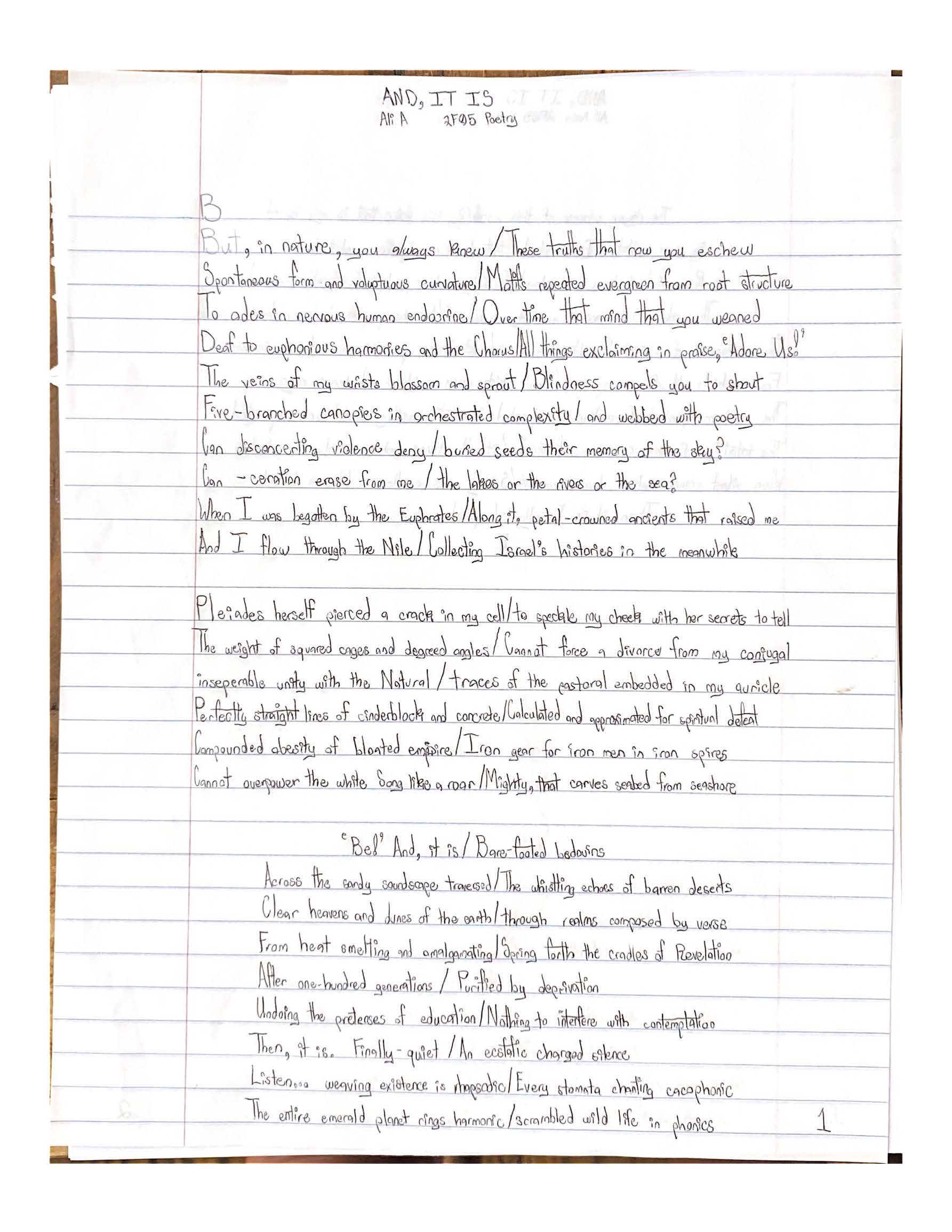
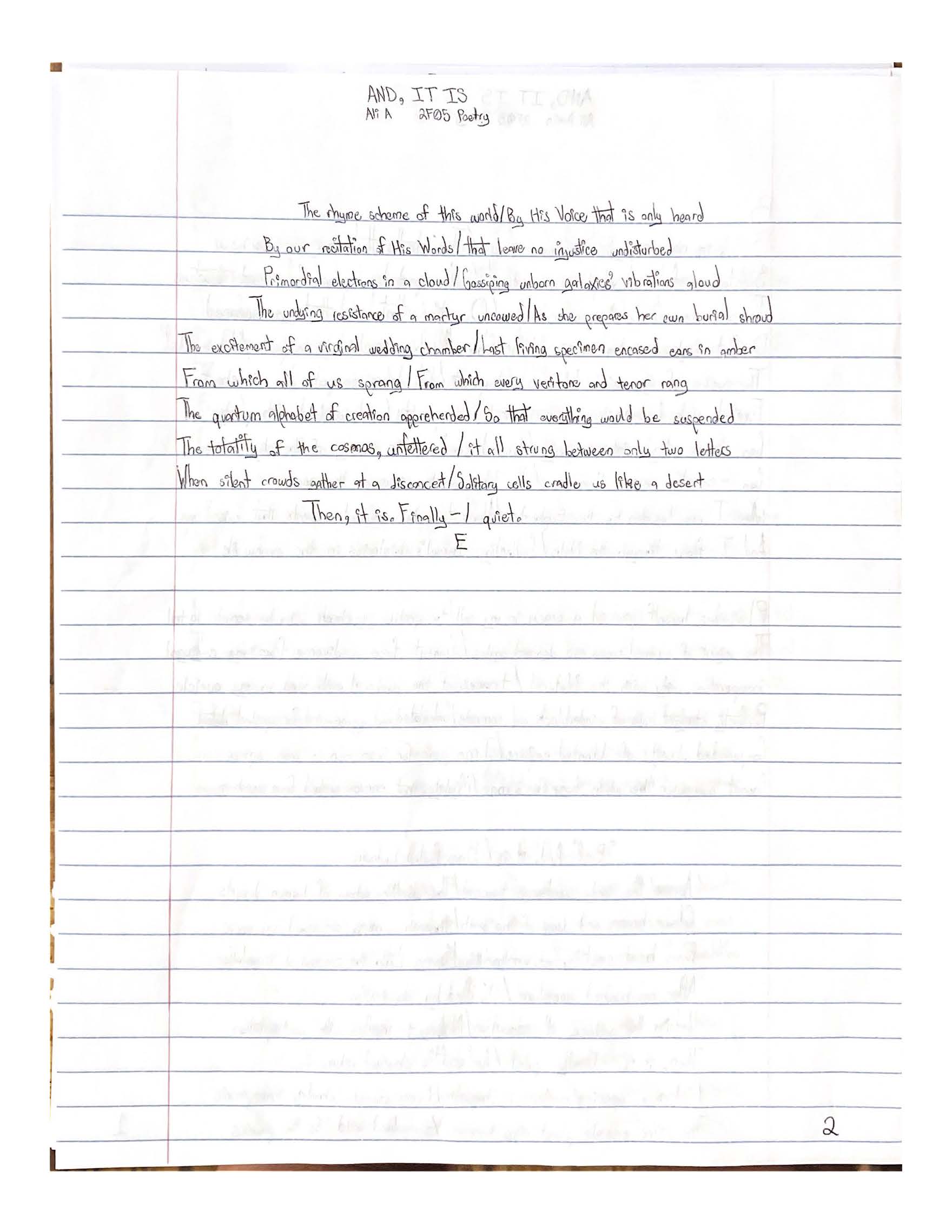
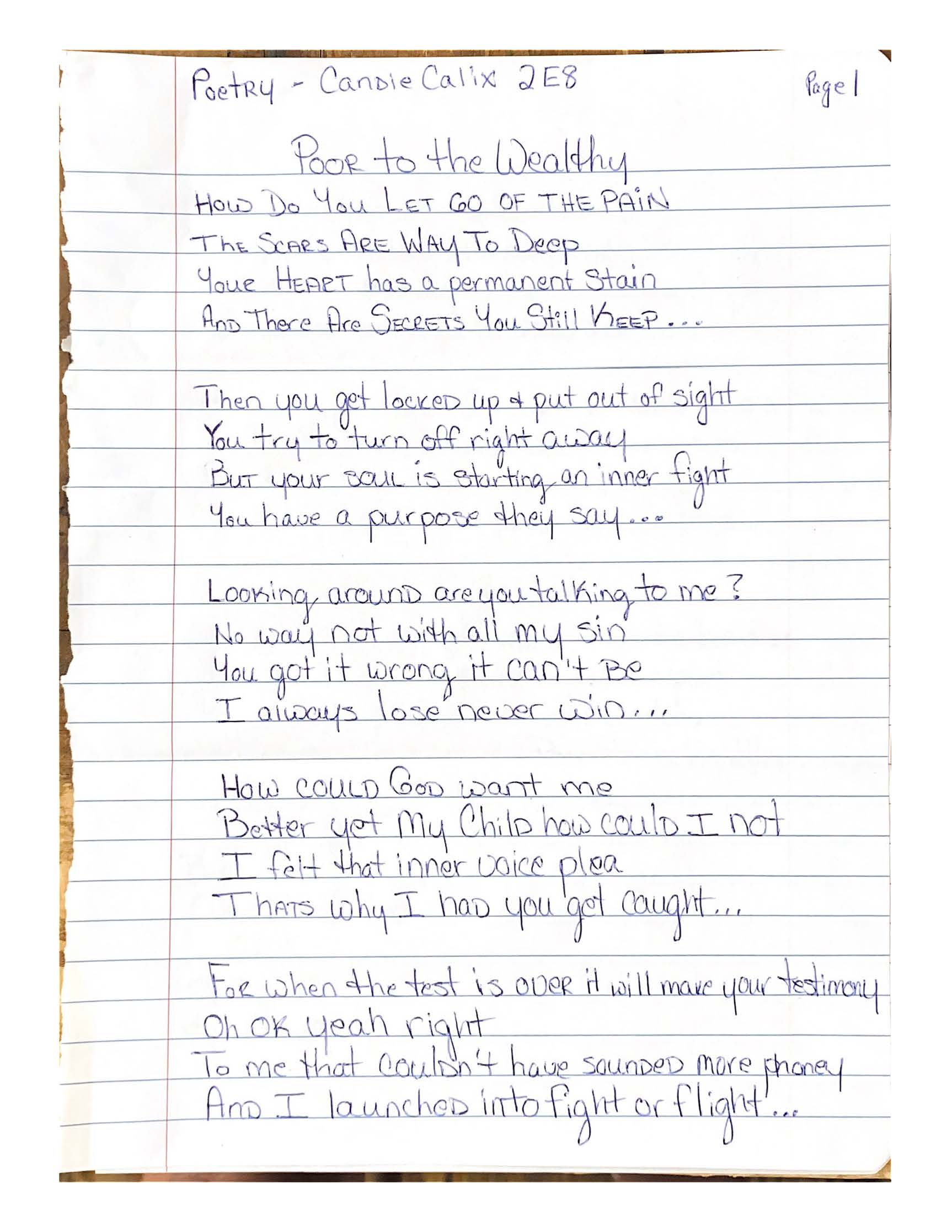
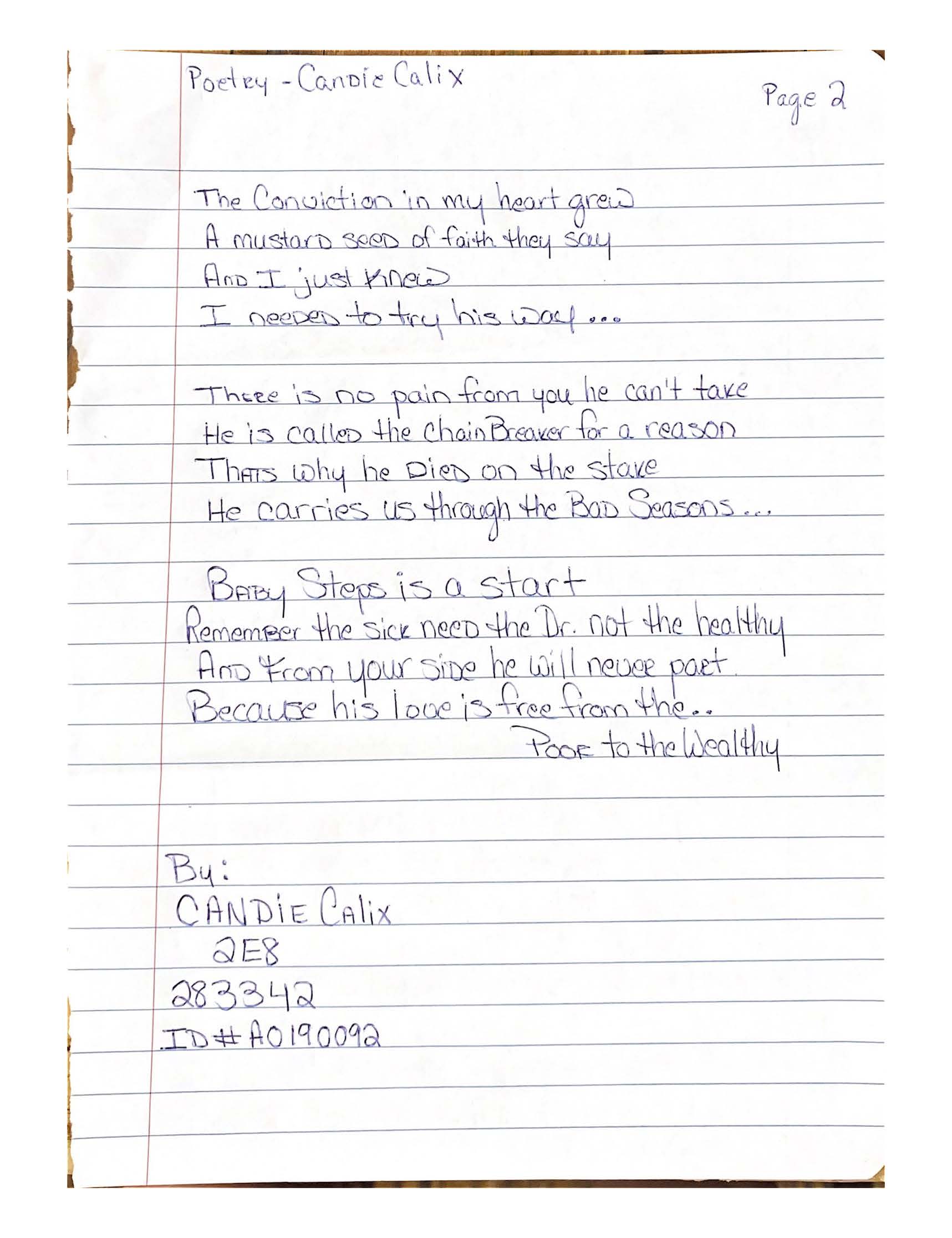
Recent Comments